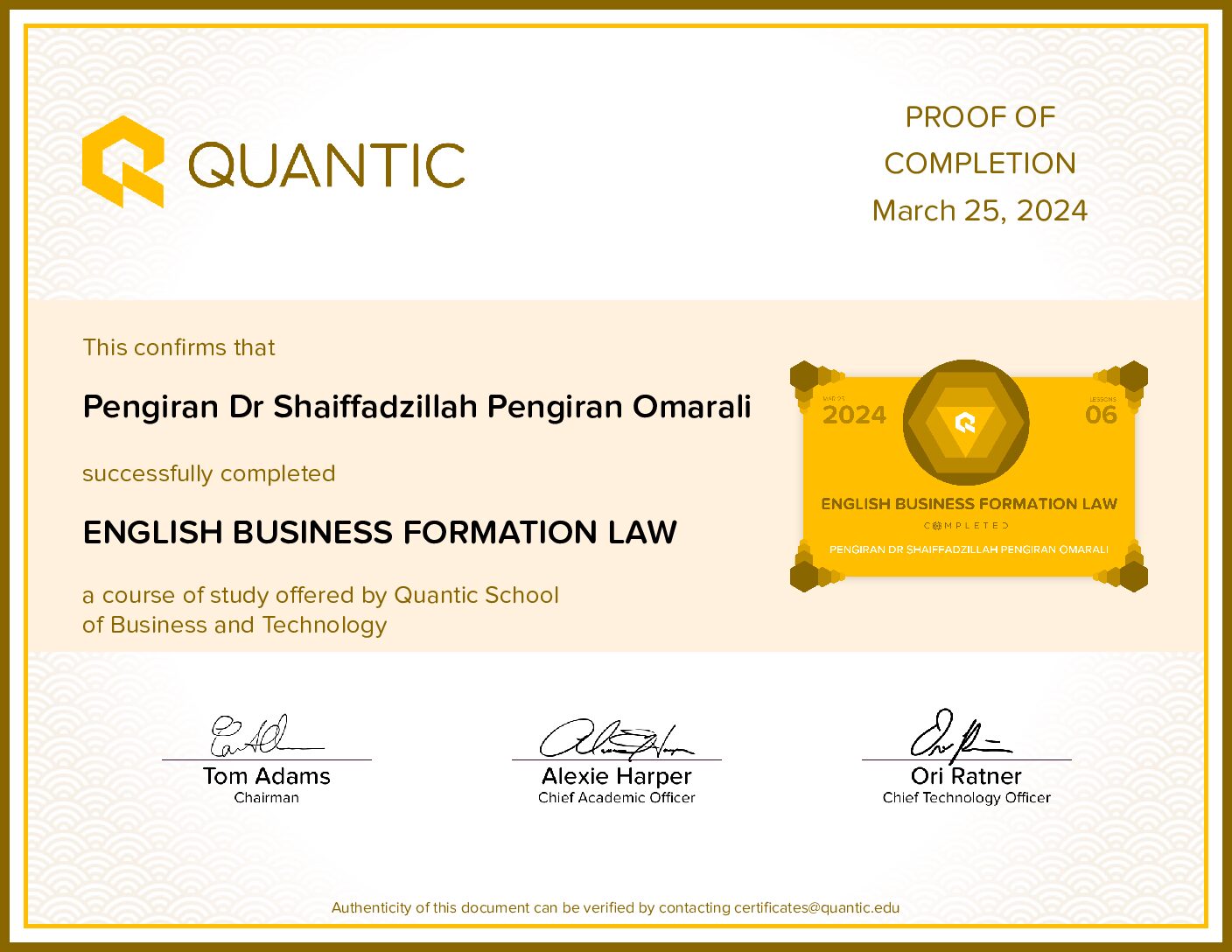
UK Business Formation Law
UK Business Formation Law encompasses the legal framework governing the establishment and operation of companies in the United Kingdom. Here are the key points:
- Companies Act 2006:
- The Companies Act 2006 is the primary legislation that regulates corporations formed in the UK. It covers various aspects of company formation, management, and governance
- The Act provides guidelines on company structure, formation procedures, and constitutional matters.
- Types of Companies:
- Under UK law, there are different types of companies:
- Private Limited Company (Ltd): A common choice for small businesses. It limits liability and restricts share transferability.
- Limited Liability Partnership (LLP): Suitable for professional services firms. Members have limited liability.
- Public Limited Company (PLC): Allows public trading of shares on stock exchanges.
- Each type has specific legal requirements and implications.
- Under UK law, there are different types of companies:
- Company Formation Process:
- Method of Forming a Company: The process involves submitting necessary documents to the Companies House.
- Memorandum of Association: This document outlines the company’s purpose and initial details.
- Registration Documents: These include information about subscribers, capital, officers, and significant control.
- Certificate of Incorporation: Issued upon successful registration.
- Effect of Registration: The company becomes a legal entity upon registration.
- Company Constitution:
- The constitution defines how a company operates. It includes:
- Articles of Association: Governing rules for internal management.
- Model Articles: Prescribed default rules.
- Alteration of Articles: Procedures for changing rules.
- Resolutions and Agreements: Impacting the company’s constitution.
- The constitution defines how a company operates. It includes:
- Supplementary Provisions:
- Statement of Company’s Objects: Describes the company’s purpose.
- Providing Constitutional Documents to Members: Ensures transparency.
- Effect of Company’s Constitution: Determines rights and obligations.
- Notice to Registrar: Required for constitution changes.
- Right to Participate in Profits: Void if not a member


